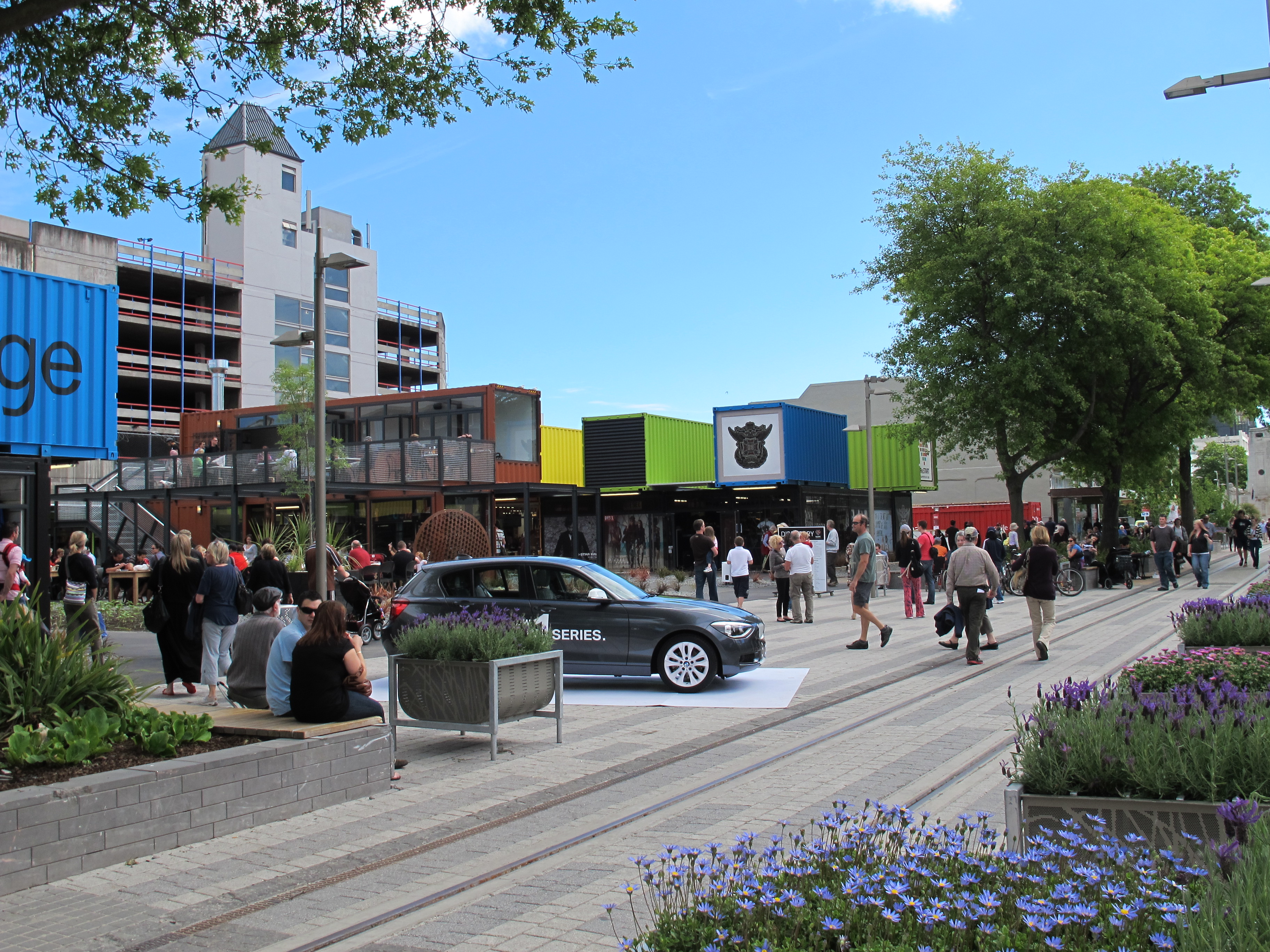 The temporary projects which popped up on newly vacant land around Christchurch after the earthquakes have a lot more value to a traumatised public than we may think.Dr Andreas Wesener, a lecturer in Urban Design at the School of Landscape Architecture has just published research on transitional community-initiated open spaces (CIOS) in Christchurch and says they have a range of benefits that might strengthen community resilience.His paper discusses benefits, possible long-term values and future challenges for community-initiated temporary urbanism in Christchurch.“Resilient people have been described as being able to find positive meaning and display positive emotions even in times of crisis, and introducing positive stimuli and engaging in positive activities have been considered vital in distressing post-disaster situations,” Dr Wesener says.There is evidence that people’s participation in temporary projects has encouraged positive emotions and creativity, strengthened social capital, such as community gardens, and fostered community empowerment within a challenging post-disaster situation, he says.“On an individual level, community members who lost jobs in the aftermath of the earthquakes reported that working on temporary projects had provided opportunities to cope with post-traumatic stress, remain active, learn new skills, establish new networks and in some cases job opportunities have been created.“Even passive passers-by without direct involvement in community-led activities may experience positive emotions solely by noticing that ordinary people are recreating and rebuilding structures within a destroyed urban landscape.”
The temporary projects which popped up on newly vacant land around Christchurch after the earthquakes have a lot more value to a traumatised public than we may think.Dr Andreas Wesener, a lecturer in Urban Design at the School of Landscape Architecture has just published research on transitional community-initiated open spaces (CIOS) in Christchurch and says they have a range of benefits that might strengthen community resilience.His paper discusses benefits, possible long-term values and future challenges for community-initiated temporary urbanism in Christchurch.“Resilient people have been described as being able to find positive meaning and display positive emotions even in times of crisis, and introducing positive stimuli and engaging in positive activities have been considered vital in distressing post-disaster situations,” Dr Wesener says.There is evidence that people’s participation in temporary projects has encouraged positive emotions and creativity, strengthened social capital, such as community gardens, and fostered community empowerment within a challenging post-disaster situation, he says.“On an individual level, community members who lost jobs in the aftermath of the earthquakes reported that working on temporary projects had provided opportunities to cope with post-traumatic stress, remain active, learn new skills, establish new networks and in some cases job opportunities have been created.“Even passive passers-by without direct involvement in community-led activities may experience positive emotions solely by noticing that ordinary people are recreating and rebuilding structures within a destroyed urban landscape.”
Source: Temporary projects leave long-lasting legacy
Categories
